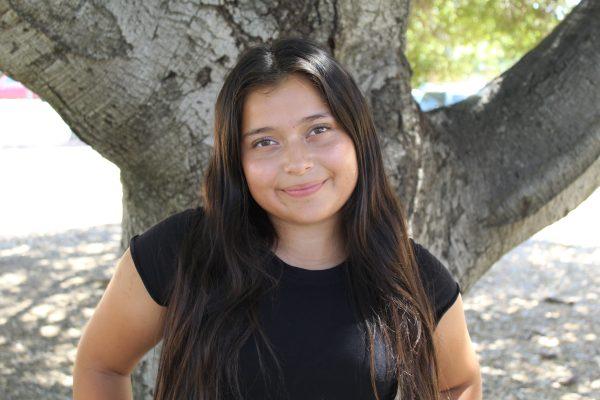On Feb. 26 of this year, an Instagram account, “smhs.tea_ spilled”, run by an anonymous user, was created as a place for students to share the “gossip” of San Marin. The account was later taken down because of the contents of its posts. Originally, things being posted were just for San Marin gossip, but over a few hours, the topics escalated and became more demeaning.
“It went from being regular tea to bullying about how people looked or acted and calling people names,” sophomore Annabelle Brownfield, who was mentioned on the account, said.
The owner of the account had a Google Form link in their bio that students could fill out to write about anything they wanted. They could do so anonymously, or write their or someone else’s name. While there was a pending investigation, Officer Jonathan Antimo, one of Novato’s School Resource Officers (SRO), said the investigation is no longer running.
“Initially there was [an investigation]. The principal and vice principal were made aware of it [the account] through students complaining… Unfortunately with social media a lot of usernames are hard to follow and track so we were unable to continue,” SRO Antimo said.
One of the affected students was Brownfield, and the words said about her had a long-lasting effect.
“It was in the back of my mind after I was mentioned in it,” Brownfield said.
As social media apps, such as Instagram, Snapchat, and TikTok, continue to rise in popularity, so do the cyberbullying attacks that hundreds of students face. It has been reported that targets of cyberbullying have increased by 55% since 2015, including students from both middle school and high school (Exploding Topics). Cyberbullying has been a tactic used by bullies as it allows them to not only reach students where they feel most protected, at home, but also hide their identity while doing so.
“I think that online bullying is more prevalent than in-school bullying… People are more courageous about saying things that are not kind behind a screen,” Principal Jennifer Larson said.
While in most cases cyberbullies can be blocked, that can’t stop them from making more accounts to reach someone. These cyberbullies, especially when anonymous, can spread rumors, photos, messages, or demeaning posts on the internet that can result in a trending post which can reach the phones of many more students.
“There are a few tactics. There’s constant harassment which is just spamming message after message. Then there’s sextortion where people send illicit, inappropriate images and videos then use them for blackmail to gain money or get more videos,” SRO Antimo said.
While social media may be fun to post and share pictures with your friends, posting the wrong things, such as inappropriate comments, photos that contain illegal activities, or even harassment of others may harm your reputation. College students reported how they were rejected from a college of their choice because their social media contained either vulgar language, hateful speech, or illegal activities (U.S. News and World Report). Everything put on social media can always be traced back to the user, even when it is “deleted” or “erased.” Digital footprints can have a serious impact on users in the future, especially when applying for colleges or jobs.
“People don’t realize that [social media posts] spread so quickly and they do not go away,” Larson said. “A lot of times students will think that because they do it on Snap[chat] that it disappears and it’s gone and nobody’s going to know. But it’s never gone.”
Cyberbullying can affect many different generations and age groups and can hurt people no matter how old they are.
“Cyberbullying is centered around the schools because younger people know how to use social media better than older people and are more susceptible to cyberbullying because they care a lot more about what other people say about them,” SRO Antimo said.
Larson’s main concern about these cyberbullying attacks is that students are intentionally attacking other students in our community.
“What really matters most to me is that it’s our own community hurting other members of our community on purpose,” Larson said. “It makes me sad that we find enjoyment in watching other people be hurt, so when I see that there are hundreds and hundreds of followers just to watch that negativity happen, I wish we had that kind of following for the positive things.”
Suicide Hotline Number: 988, text or call if you or someone you know may be in danger of hurting
themselves OR dial extension 1 to receive help with cyberbullying. If you or someone you know is being bullied, online or in person, report it as soon as possible.














































